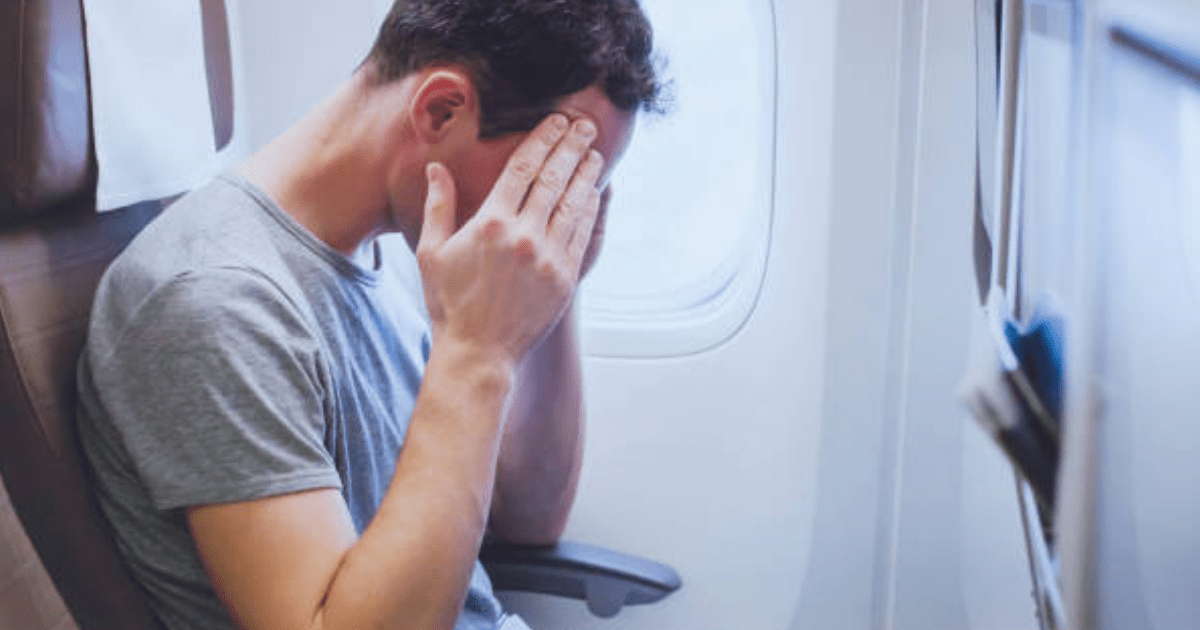
People have their specific phobias that they want to avoid at all costs. These phobias do not only set off negative emotions but they also stir up unpleasant memories. The biggest misconception people have with phobias is they cannot be managed and treated.
Specific phobia is one of the most common anxiety disorders yet there is not much known details about how they develop. Around 9.1% of adults in the United States have experienced specific phobias. The number is higher among teenagers at 15.1%.
What are phobias?
According to Johns Hopkins Medicine, phobias are “uncontrollable, irrational and lasting fear of a certain object, situation or activity” even if they are not harmful at all. The excessive and intense fear a person feels is so extreme that it could lead to panic attacks. Even if these
Whenever their fears are triggered, they feel threatened and in distress that they would go at any lengths just to escape. Specific phobias emerge as early as childhood but they are more prevalent between the ages of 15 and 20 years old.
What are the possible causes of phobias?
Fear is a normal human response whenever there is a threat or danger. People with specific phobias are aware that their fear is irrational and extreme but they cannot control feeling scared. They find it really difficult to manage and overcome these phobias.
Up to this day, medical experts still have not found strong evidence that thoroughly explains why specific phobias occur. Studies suggest that the following can be the contributing factors:
Traumatic Events
There are situations and circumstances that leave heavy and upsetting marks. Traumatic incidents from the past create nostalgic and depressing feelings. For example, you develop the fear of snakes because you were bitten when you were young. Or it could be you fear being trapped because you once fell down in a well.
Stress
People who are struggling with so much stress in their lives are at greater risk for depression and anxiety. It becomes hard for them to make important decisions because they are in constant fear and worry. If their depression and anxiety are not treated, they will likely progress to phobias.
Genetics/ Environmental Factors
Numerous studies suggest that specific phobias are evidently a result of genetics or environment. When you grow up in a household where you see a family member get panic attacks or get anxious, you will likely have the same condition.
What are the most common types of specific phobias?

All people dislike and are scared of something but it is termed as a specific phobia when this intense and excessive fear disrupts one’s daily life. People with specific phobias cannot enjoy their lives to the fullest because they do not know when or where their fears will unfold. Their fears cause them to have depressive episodes and anxiety attacks.
These are the most common types of specific phobias in the United States:
Claustrophobia
This is the fear of being in close, confined spaces.
Aerophobia.
This is the fear of flying or travelling by air.
Acrophobia
This is the fear of heights or even thinking about high places.
Aquaphobia.
This is the fear of water, especially in deep waters.
Hemophobia
This is the fear of seeing blood, or getting tests and shots where there is presence of blood.
Ophidiophobia
This is the extreme fear of snakes.
Cynophobia
This is the fear of dogs.
Trypanophobia
This is the fear of needles.
Glossophobia
This is the most common phobia and this is the fear of speaking in front of the public or crowds.
Where to get treatment?
Specific phobias are not hopeless cases. They can be treated. Majority of those who have specific phobias are aware of their exaggerated fears which can help in the treatment. On the other hand, because they know how to avoid their phobias they do not consider any forms of treatment.
Once these specific phobias are starting to disrupt your family, relationships or work, seeking a treatment is the first step your must take. You may think that this is too much but there will be instances that you cannot avoid facing situations that will trigger your phobia.
Taking medications like beta blockers, antidepressants and tranquilizers are prescribed to manage your specific phobias. But if you prefer not to take any medicines, you can always try therapy near me.
Mindshift Psychological Services offer therapy near me or counseling sessions especially for those with complex specific phobias. There is no one-size-fits-all solution to treating phobias. Treatment is more effective when it is tailored to the needs of the individual.
Psychologists and therapists recommend Cognitive Behavioral Therapy near me as an effective method in managing phobias. This type of therapy focuses on how you can cope and handle the sources of your fear. It also helps you understand more why you have this specific phobia.
You can check their website to know more about their other therapy near me sessions like Depression therapy, Trauma therapy near me and Psychotherapy for Individuals. You can also contact them at (714)584-9700 for queries and information.



